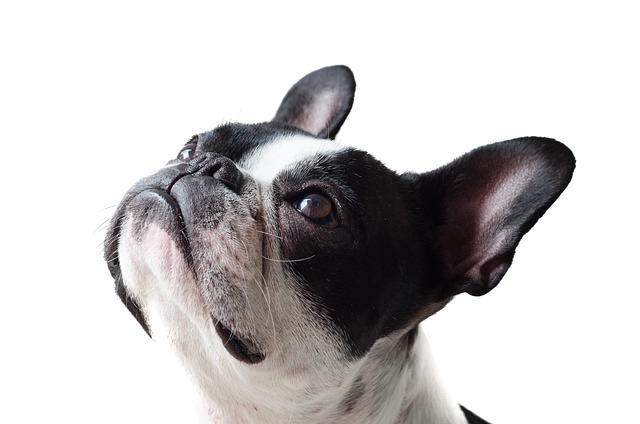
how to train a dog to not jump on the bed
When your pup’s paws hit the edge of the bed first thing in the morning, tail wagging like a metronome, it’s hard to stay firm—after all, those puppy eyes seem harmless.
Spending time at the park with your pup isn’t just about letting them run—those green spaces are perfect for bonding through play. Before diving in, though, check local rules—some parks require leashes even in off-leash areas, and always carry poop bags. Keeping things legal keeps the space nice for everyone, including other dogs and visitors.
Grab a frisbee or their favorite ball, but mix it up. Toss it short, then sudden left, then high enough they have to jump a little. Pause now and then to let them catch their breath, praising like they just won a trophy when they trot back. It keeps their brain as busy as their paws, and watching their tail spin like a propeller? Pure joy.
Tug-of-war works wonders, but keep it polite. Use a sturdy rope toy, and let them “win” sometimes—nothing fuels their confidence like dragging you a step or two. Stop if they get too riled up, and always end with a “drop it” command. It’s play that doubles as training, which neighbors will appreciate.
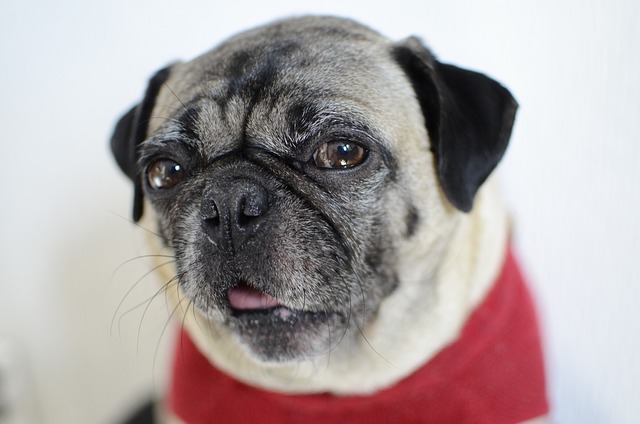 Hide treats around a tree or under a leaf—simple scent games turn the park into a treasure hunt. Start easy, letting them see you tuck a biscuit under that patch of clover they love sniffing. As they get the hang of it, go stealthier. Their nose twitching, tail wagging faster as they zero in? That’s the good stuff.
Hide treats around a tree or under a leaf—simple scent games turn the park into a treasure hunt. Start easy, letting them see you tuck a biscuit under that patch of clover they love sniffing. As they get the hang of it, go stealthier. Their nose twitching, tail wagging faster as they zero in? That’s the good stuff.
Turn park benches and low tree stumps into an obstacle course. Guide them over with a “let’s go” and a treat, or race them around a tree. Keep it low-key—no forcing jumps if they’re unsure. It’s about exploring together, not competition. Plus, it’s a great way to tire them out without sprinting.
If other friendly dogs are around, supervised social play can be magic. Let them chase each other in circles or take turns bowing—dogs have their own greetings. But stay close, ready to call yours back if things get too rough. Not every pup wants to play, and respecting that keeps everyone safe.
These games aren’t just fun—they strengthen the bond that makes your dog more than a pet. Watch their eyes light up when you reach for the leash, and you’ll know: the best park days are the ones where you’re both grinning, even if theirs is covered in grass.

When your pup’s paws hit the edge of the bed first thing in the morning, tail wagging like a metronome, it’s hard to stay firm—after all, those puppy eyes seem harmless.
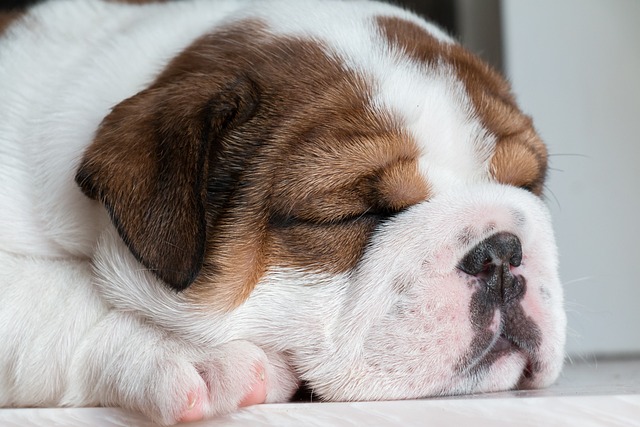
When your lab mix’s paws hit the dining table mid-dinner, knocking over a glass of water, it’s easy to sigh—but that jump isn’t defiance. Dogs are natural scavengers
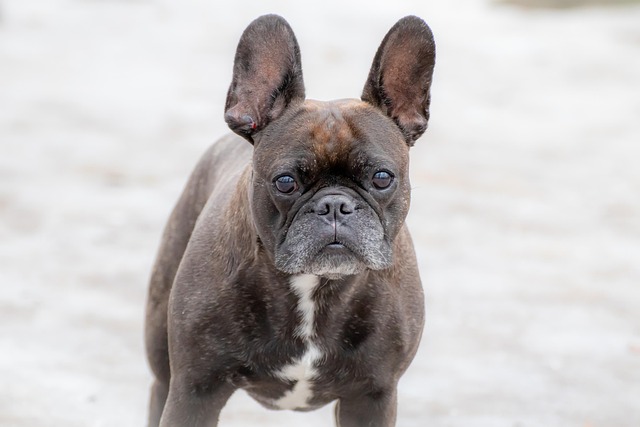
When your dog’s hackles rise, ears pin back, and low growls rumble in their throat, that tense body language isn’t “being bad”—it’s their way of saying
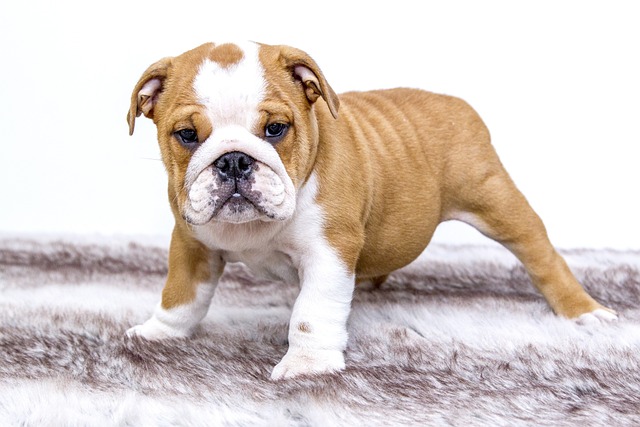
When your dog growls, snaps, or lunges—whether at a stranger, another pet, or even a sudden noise—it’s natural to feel the urge to “correct” the behavior firmly.
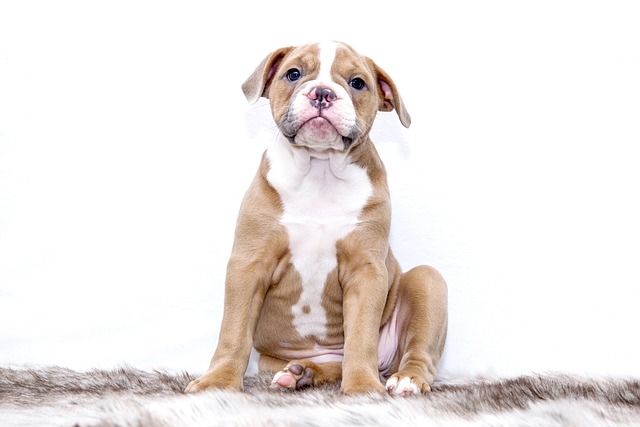
When you’re faced with a dog that growls, snaps, or lunges at other dogs, strangers, or even sudden sounds, it’s easy to feel discouraged
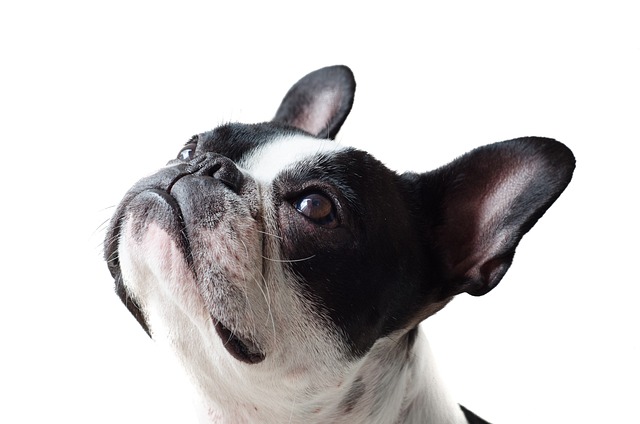
When your pup starts barking up a storm at the doorbell, the mailman, or even a squirrel outside the window, it’s easy to feel frustrated